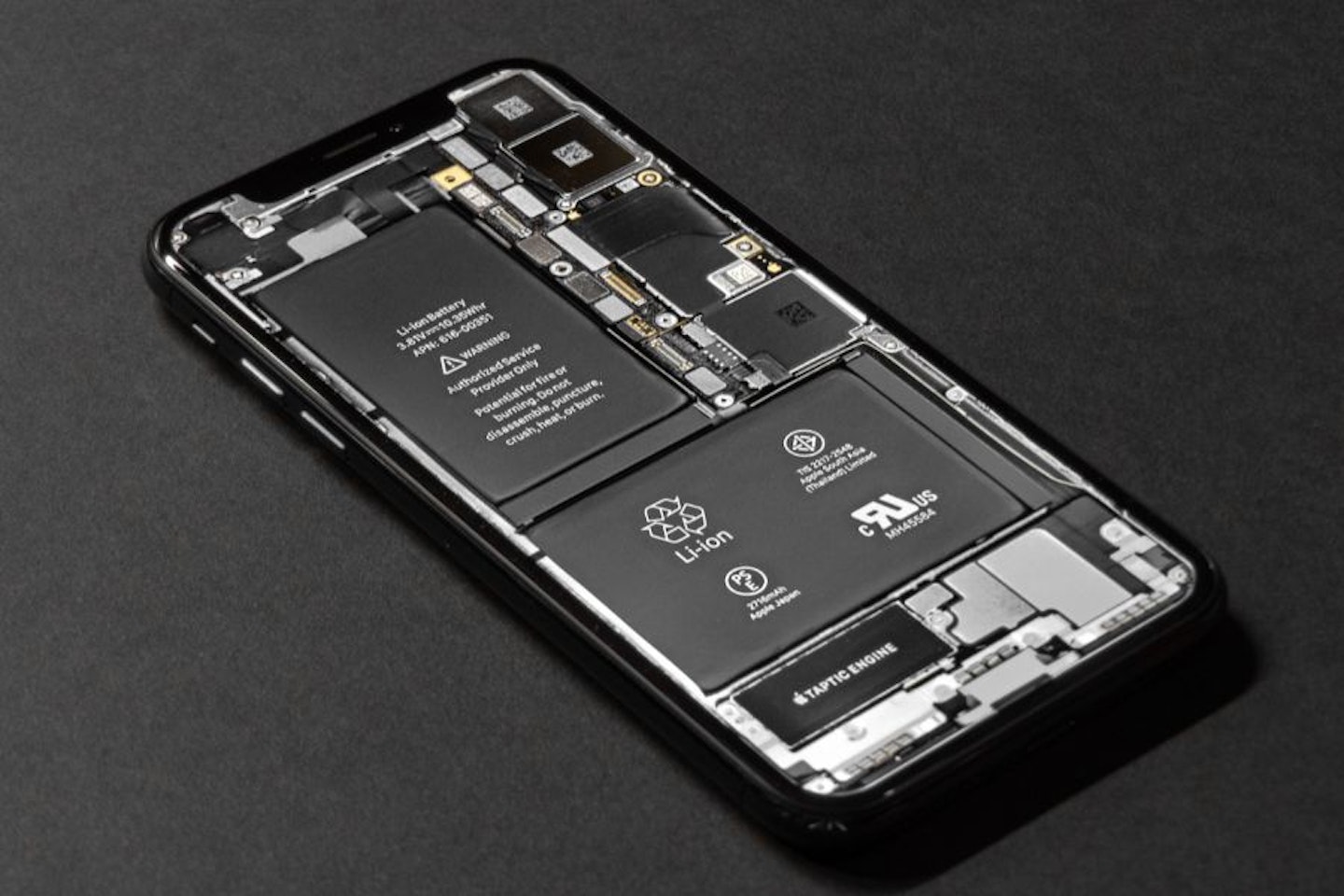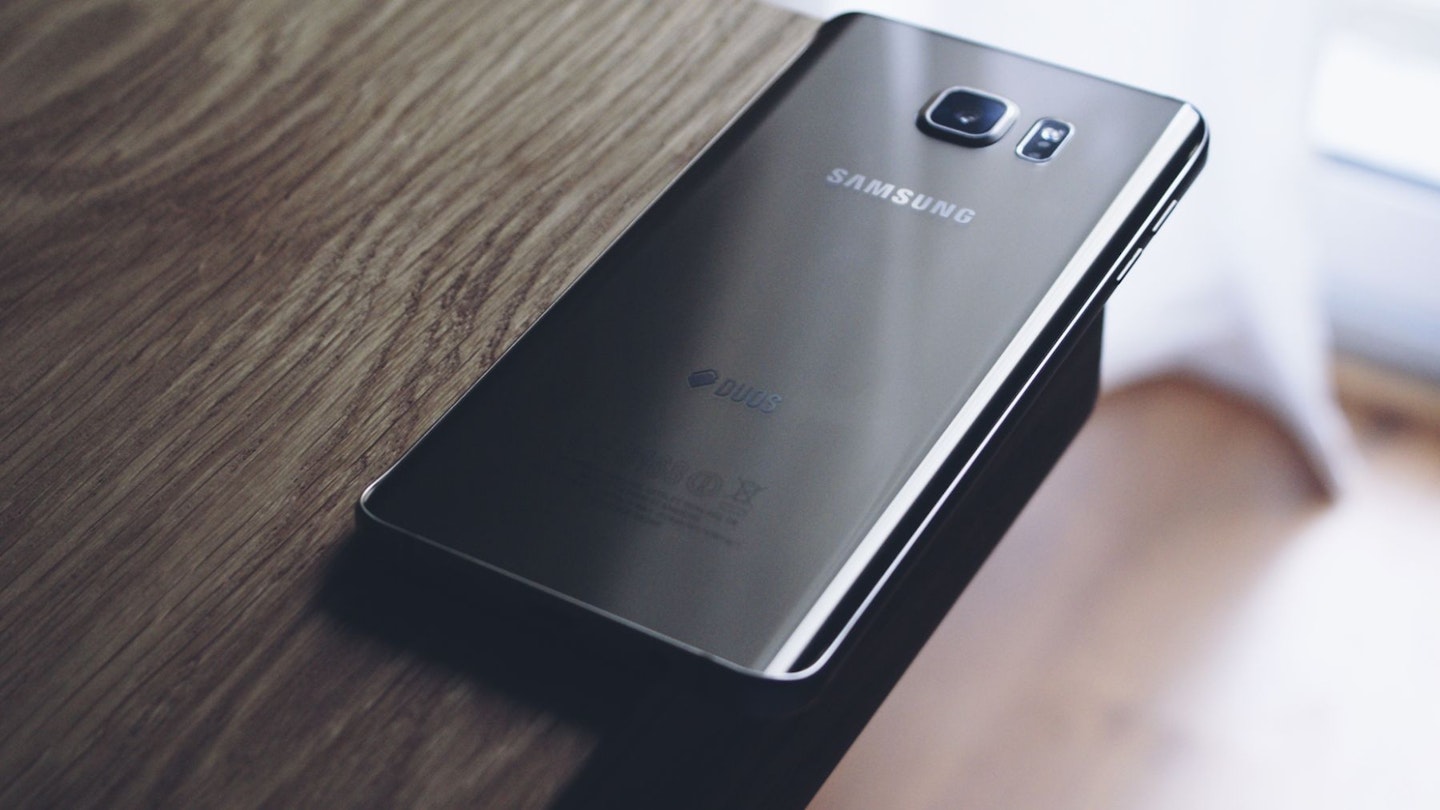It's a great feeling when you get a new quality smartphone and it runs fast and smoothly, but even the best Android phones eventually seem to slow down. Is there a way to bring its performance back to those early-day levels, a way to improve how it runs? Luckily, yes, yes there is.
Like any device, it will gradually perform a little less well than it originally did, but chances are there are a handful of things happening behind the scenes that you can tackle to nurse it back to health. Android phones tend to run consistently well, so unless you've had your model for several years, it should just be a temporary issue.
You should first think about what part of the performance seems to be falling behind. External factors like accessories or environment can have a big impact. If it's slow to charge, consider upgrading your charger. The outside temperature could make your phone run slower, and poor-quality earphones might make the audio performance seem underwhelming. Always be sure to check your accessories and consider if they're holding your phone back.
On the other hand, if your Android phone really does seem to be struggling on its own, we've got some tips to help out. A lot of these are simple processes that never hurt to do or keep on top of, so even if your phone appears to be doing better, it can help it stay at a steady performance level.
The classic: Have you tried turning it on and off again?
Okay, we know it sounds silly and obvious, but it's genuinely worth doing this.
Unlike laptops and computers, most of us rarely need to turn our phones off each day. As such, minor background processes can start to build up, and while each one may only take a tiny fraction of power, together it starts to become more and more taxing.
When you turn your phone off, you terminate all processes. Once it's turned on again, it's back to a relatively fresh slate, a nice reset. This is different from a factory reset, which completely wipes your phone, and should only be used as a last resort.
If you want to stay ahead in future, turning your phone off and on again roughly once a week should keep it running smoother.
Stacked storage: Freeing space and clearing the cache
Androids have two sets of storage: the primary and immediately apparent total storage, and the cache of temporary data. Whenever these get close to filling out, you should notice a drop in your phone's performance. Being pushed to the brink of storage makes it harder for the CPU (central processing unit) to do its job, in turn slowing your device overall.
You can clear up space in your Android's storage by either going to its section in the settings and removing apps there, or uninstalling them through the home page, usually done by holding the icon until it starts to shake and a cross appears. Modern androids often have features that tell you which apps you use most, and in turn which you barely touch, so you can remove those you no longer need.
The cache fills with temporary data based on what sites you use and go to. It often uses these tiny bits of data to make it easier to load a commonly visited site or app in future, but as the cache doesn't really clear itself out, it's better for you to do so semi-regularly. You can clear a cache by going to the same area in your Andriod as the storage is, but it's worth noting that in some cases you can clear apps individually. Even so, we recommend clearing it all out every few months to prevent unnecessary data from troubling the processor.

Never empty, never full: Maintaining the battery life
You've probably heard that you shouldn't let your phone run out of battery, but did you know that you should aim to not cap it out at 100 per cent either?
The internal battery can only hold so much charge, so overcharging it, or even having it at a high percentage for long, will gradually wear it down and make it less effective. A good rule to stick to is to aim to keep your Android phone between 20 and 80 per cent, neither too low nor too full.
Your battery and charge are unlikely to significantly affect your phone's speed and performance, but it's definitely another aspect worth taking care of.
Adjusting settings: Any fancy yet unnecessary features?
An often overlooked topic when talking about power consumption and performance, modern Android smartphones start off with a lot of features that, while interesting, are unnecessary. If you think you can leave without these, turning them off is a super easy way to save on CPU usage. We suggest having a scroll through all your settings and seeing what you really need.
Much like with cache files, each of these settings only takes up a little bit of power, but together can add up. The most important areas to look at are sound, vibration and display. The Google Pixel 7 Pro initially enables Smooth Display, which bumps the refresh rate to 120Hz. This chews through battery and can be taxing on the CPU, so turning it off makes for an instant big step in improving performance.
There are a handful of settings you can enable or adjust to help save power and performance. For example, you could reduce the amount of time idle it takes before the screen turns off, saving a small bit of battery as well as keeping it running a bit cooler in the long run.
Keep up to date: Time to let that update through
As an operating system, Android is always going through developments and versions to further refine its security and performance. We know the annoyance of seeing the update prompt appear time after time, but there's a decent chance that if your phone is running slower than usual, something has been in the new OS version to fix that. It's better to take five minutes out of a day to update your phone instead of powering on with a slower, inferior version.
Kyle Purves is a Commercial Content Writer for What’s The Best, with an avid interest in all things gaming and tech.
They’re well-versed in reviewing a variety of tech products, with a soft spot for speakers and earphones. They’re also no stranger to hunting down the best savings, always wanting to get the best deal possible. Outside of work, they can often be found playing through an RPG, listening to Japanese noise rock, or trying to catch up with their ever-expanding list of shows and anime to watch. If possible, they try to play Dungeons and Dragons a couple of times a week, but getting six adults to be free at the same time is easier said than done.
Subscribe to the What’s The Best Newsletter to keep up to date with more of the latest reviews and recommendations from the rest of the What’s The Best team.
